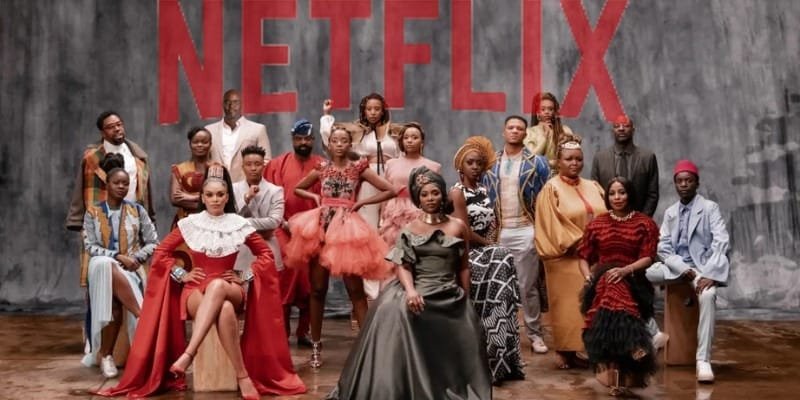The speculation is mounting that Netflix, the global streaming giant, has quietly exited the Nigerian market. This comes on the heels of Prime Video’s announcement in January 2024 to downsize its operations in Africa and the Middle East, including Nigeria and South Africa. Prime Video’s decision to halt the production of original content in these regions has fuelled whispers that Netflix may have also made a discreet retreat, raising questions: Why the silence? What prompted Netflix to reconsider its position, and what does this mean for the future of Nigerian entertainment?
Netflix’s entry into Nigeria once seemed like a perfect match. With original hits like Oloture, Blood Sisters, and Anikulapo, the platform tapped into Nollywood’s vibrant storytelling, bringing local narratives to global audiences. Yet, the relationship may have soured. In recent months, Netflix’s activity in the region has waned, sparking doubts about its long-term commitment to Nigeria.
Why would Netflix leave Nigeria?
Operating in Nigeria is not without its challenges. Several key factors may have contributed to Netflix’s rumoured exit:
1. Economic Instability
Nigeria’s volatile exchange rates, soaring inflation, and economic uncertainty may have made it difficult for Netflix to maintain profitability. Operating costs for international companies in Nigeria are steep, and currency fluctuations could have eroded Netflix’s earnings.
2. Subscriber Challenges
According to the latest data, Netflix had only 169,600 paid subscribers in Nigeria as of November 2023, a fraction of the country’s 106 million bankable adults. Compare this to South Africa, where Netflix boasts 1,172,800 subscribers, generating $93.82 million in 2022. Additionally, industry insider Effiong confirmed that more South Koreans watched Nigerian Netflix content than Nigerians, highlighting the platform’s struggle to capture local engagement.
3. YouTube’s Growing Influence
As of January 2024, 28.5 million Nigerians were active YouTube users, representing 12.6% of the population and 27.7% of the country’s internet users. With 43.9% female and 56.1% male users, YouTube offers Nollywood a vast, diverse audience. The platform has become a dominant player in Nigerian entertainment, with at least two Nollywood movies or short films released on YouTube every week, often free to watch. This ease of access undercuts the appeal of paid subscription models like Netflix, making it difficult for streaming platforms to compete.
The Fallout for Nigeria’s Entertainment Scene
For Audiences
Nigerian viewers lose access to Netflix’s premium content, but platforms like YouTube provide a free, accessible alternative. Nollywood’s steady output on YouTube ensures that local audiences still have a consistent stream of movies and short films, bypassing subscription fees entirely.
For Creators
While Netflix offered Nigerian filmmakers global visibility, YouTube provides a different value: massive reach without barriers to entry. With 28.5 million users, Nollywood filmmakers can directly engage with audiences, monetize through ads, and build followings. YouTube’s flexibility allows creators to experiment with formats and reach a broader demographic than Netflix’s limited subscriber base ever could.
For the Industry
Netflix’s departure may initially seem like a setback, but YouTube’s influence signals a shift in Nollywood’s distribution strategy. The platform’s ad-driven revenue model, coupled with its vast user base, could encourage more filmmakers to prioritize high-quality, ad-supported content for free viewing. This could accelerate Nollywood’s growth and redefine how Nigerian movies are produced and consumed.
What’s Next for Nigerian Entertainment?
If Netflix has truly left Nigeria, its absence may pave the way for Nollywood to fully embrace platforms like YouTube, which have already become critical to the industry’s ecosystem. Other streaming services may also step in, but YouTube’s dominance in user engagement and content accessibility positions it as a key driver of Nollywood’s future.
Ultimately, Nigerian stories remain too compelling to fade. With platforms like YouTube offering unparalleled reach and accessibility, Nollywood will continue to evolve, thrive, and captivate audiences—both locally and globally.














